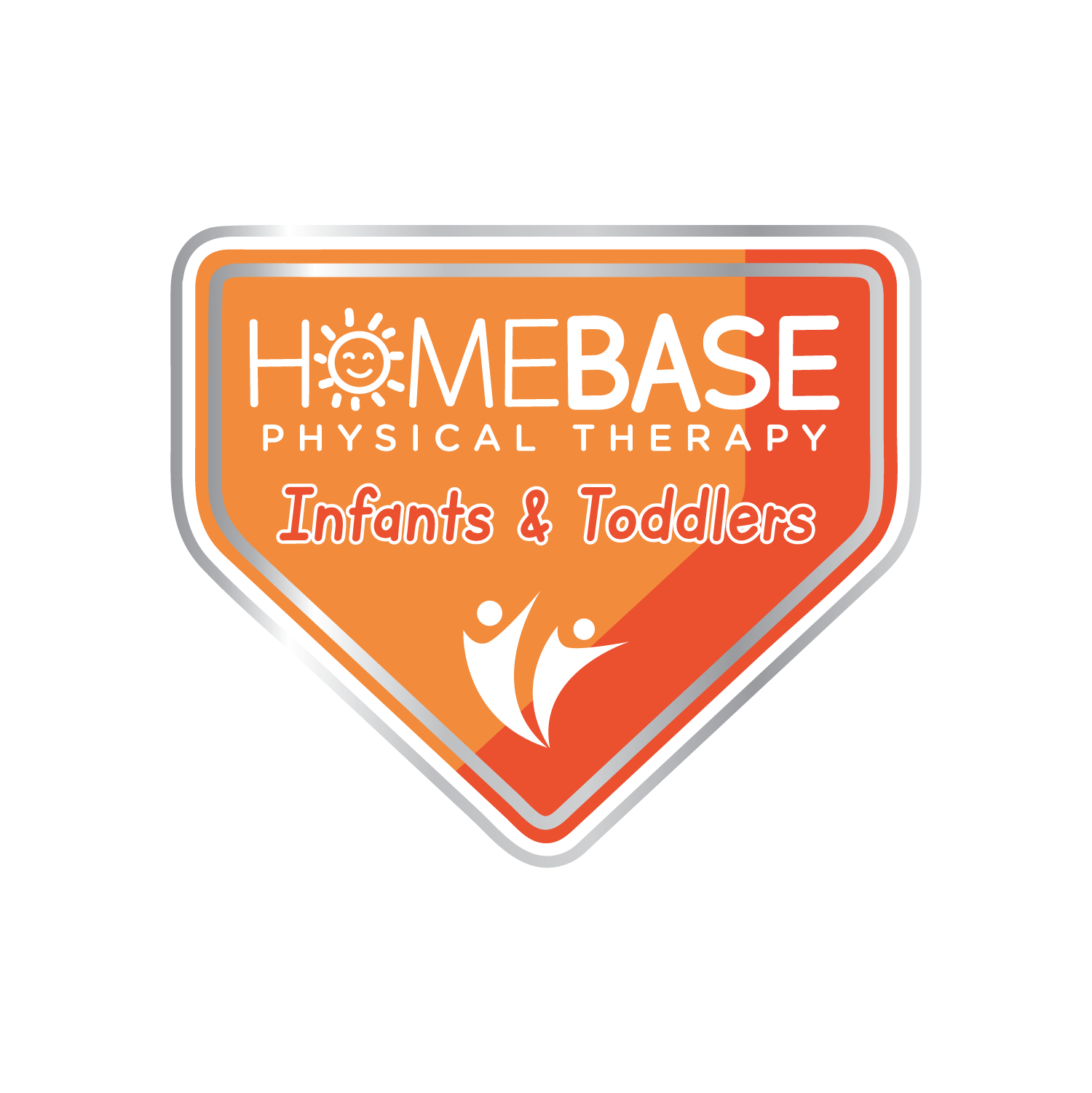Home Base Physical Therapy Frozen Shoulder / Adhesive Capsulitis
Frozen shoulder, also called adhesive capsulitis, causes pain and stiffness in the shoulder. Over time, the shoulder becomes very hard to move. Frozen shoulder occurs in about 2% of the general population. It most commonly affects people between the ages of 40 and 60, and occurs in women more often than men.
Your shoulder is a ball-and-socket joint made up of three bones: your upper arm bone (humerus), your shoulder blade (scapula), and your collarbone (clavicle).
The head of the upper arm bone fits into a shallow socket in your shoulder blade. Strong connective tissue, called the shoulder capsule, surrounds the joint.
To help your shoulder move more easily, synovial fluid lubricates the shoulder capsule and the joint.
In frozen shoulder, the shoulder capsule thickens and becomes tight. Stiff bands of tissue — called adhesions — develop. In many cases, there is less synovial fluid in the joint.
The hallmark sign of this condition is being unable to move your shoulder – either on your own or with the help of someone else.
Home Base Physical Therapy How Can Physical Therapy Help?
At Home Base Physical Therapy in Morristown, NJ, you will always work one on one with a Physical Therapist. A specific plan of care will be developed for your individual needs.
In the case of frozen shoulder more than 90% of patients improve with relatively simple treatments to control pain and restore motion.
General physical therapy would include stretching or range of motion exercises for the shoulder. Sometimes heat is used to help loosen the shoulder up before the stretching exercises. A variety of manual techniques are implemented in order to facilitate increased shoulder range of motion. Once full range is attained, any strength deficits are addressed in order to achieve a full recovery.
